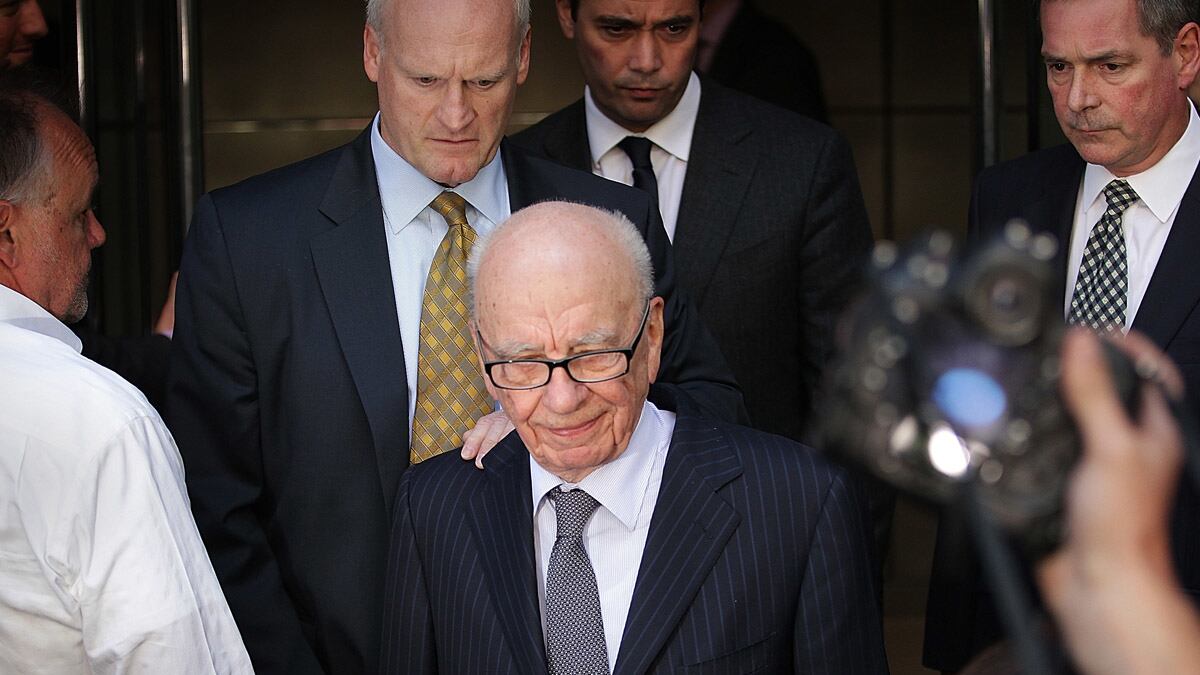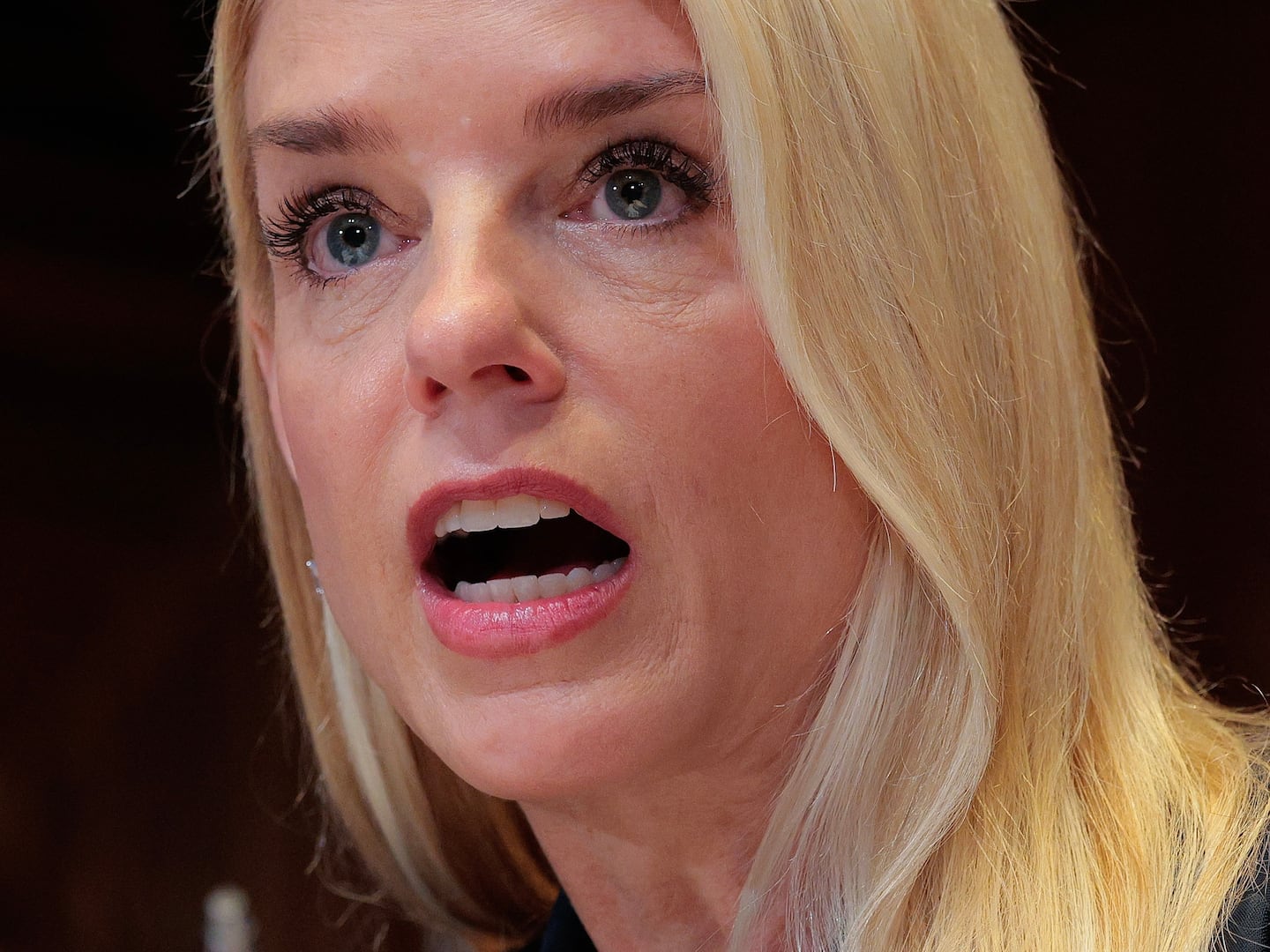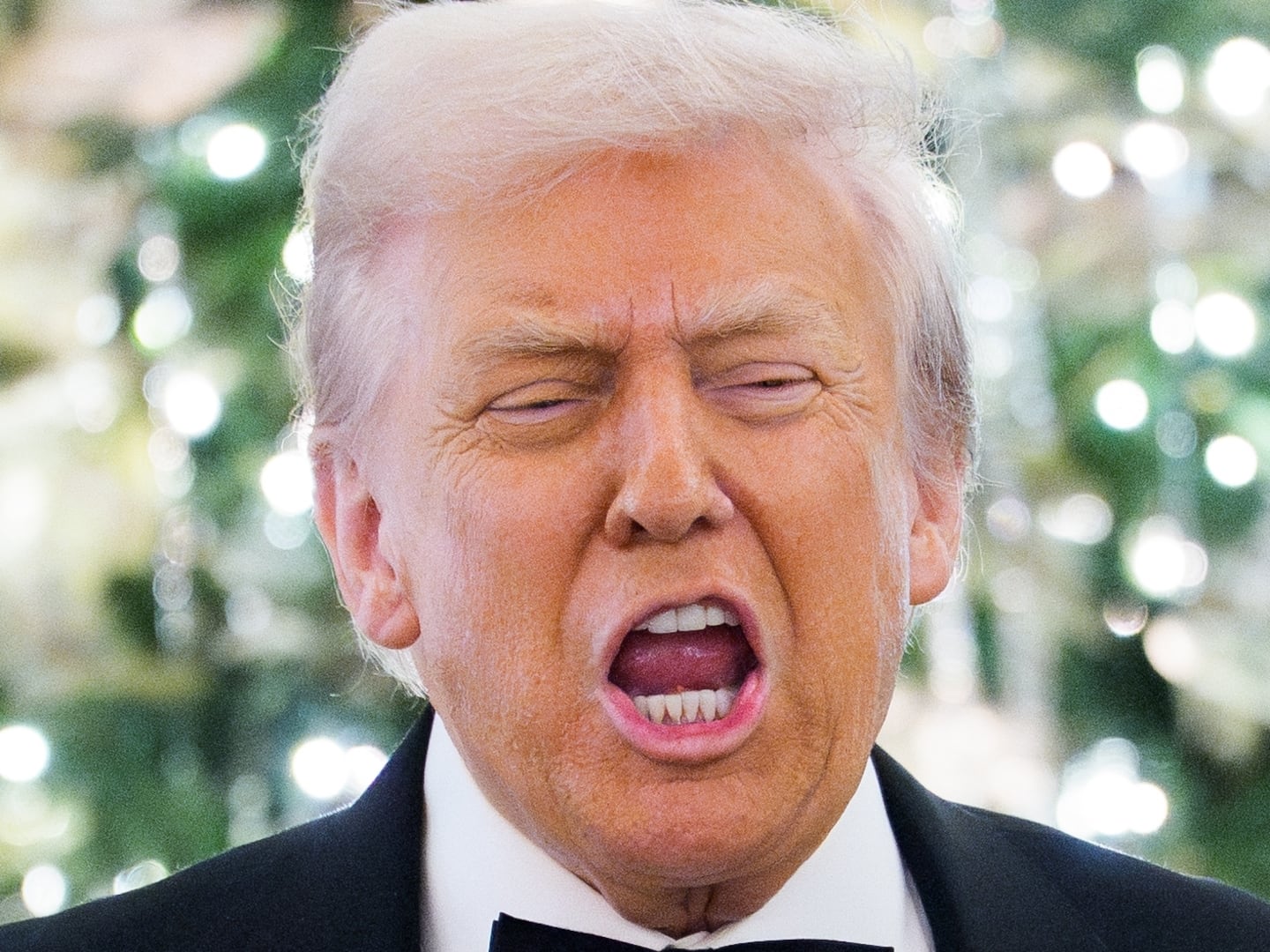Your eight biggest Rupert Murdoch questions answered:
What did Rupert Murdoch just do?
Rupert Murdoch, chairman and CEO of News Corp., resigned his directorships in three News Corp. subsidiary companies: NI Group Ltd., News Corp. Investments and Times Newspaper Holdings. These companies control News Corp.’s flagship British newspaper properties, The Sun, The Times, and The Sunday Times.
But what about his U.S. newspaper companies? Is he resigning from them, too?
As The Times (ahem, The New York Times) reported, “it was not immediately clear whether Mr. Murdoch’s American newspaper and publishing interests would be affected by the moves announced Saturday.” But Murdoch’s American businesses, including the newspapers, exist in a similar corporate structure. For example, Dow Jones and Co., which News Corp. purchased in 2007 for $5 billion, publishes The Wall Street Journal. Murdoch is both CEO and chairman of News Corp., the parent company, and chairman of the board of directors of Dow Jones.
But isn’t News Corp. splitting up anyway?
Yes, on June 28, News Corp. announced that it would be splitting into two companies and that Murdoch would chair both of them. One company would contain the newspaper and publishing businesses, while the other would have the media and entertainment interests. Murdoch would remain CEO only of the latter company, but will initially be chairman of both. The split is expected to take a year to become finalized. In a statement by News Corp., Murdoch’s resignations were described as “corporate house-cleaning exercise prior to the company split."
Why is News Corp. splitting up?
Two reasons: The media and entertainment properties are more profitable, and the controversy engulfing Murdoch’s British newspaper business might taint the other companies and prevent further expansion. In July of last year, News Corp. was forced to shut down its Sunday tabloid News of the World after it was revealed that its reporters hacked into the voicemails of the subjects of the stories, including the voicemail of a teenage murder victim.

As The New York Times described it, News Corp. papers are under investigation for hacking into the voicemails of “politicians, athletes, celebrities and crime victims” in addition to “computer hacking and payments to public officials, including police officers.” On July 7 of last year, the Sunday tabloid News of the World, the very profitable News Corp. publication at the center of the phone-hacking scandal, was shut down.
Following months of investigations and questioning of Rupert’s son James, and Rupert himself, a parliamentary committee said that Murdoch was “not a fit person to exercise the stewardship of a major international company” and said that he had “exhibited willful blindness to what was going on in his companies and publications.”
Also, Murdoch’s big investments in newspapers are not panning out as well as his media and entertainment companies. For example, Murdoch bought Dow Jones in 2007 for around $5 billion. In June, a Goldman Sachs analysis said that the entire publishing business, which includes all of News Corp.’s newspapers, was worth in total $5.35 billion.
According to Bloomberg, “operating income at News Corp.’s publishing unit, which includes the Wall Street Journal, New York Post and Times of London, dropped 32 percent” between 2008 and 2011, while profit in the entertainment companies increased by 13 percent.
If he’s resigning from the newspaper companies, what role will he have in them after the split?
This is the big question. The Daily Beast’s Andrew Neil argues that “speculators are wrong” to say that his resignations Saturday were “a precursor to the 81-year-old media magnate getting out of newspapers altogether.” The best anyone can say is that they do not know what Murdoch’s role will be with any of his papers—American, British, or Australian—after the News Corp. split. While he will be the chairman of both the entertainment and publishing companies, he will be CEO only of the entertainment company.
So what exactly will be in both these companies?
News Corp. is a world-spanning empire, with properties and divisions in multiple continents and just about every form of media distribution and production, from Australian daily papers to the Fox News Channel. The big-name properties in the publishing company will be newspapers like The Wall Street Journal, The Times of London, and the New York Post, along with HarperCollins, the book publisher. The entertainment company will house such business like Fox News, Twentieth Century Fox (the movie studio), the Fox broadcast network, and News Corp.’s 39.1 percent controlling share of British Sky Broadcasting (BSkyB).
BSkyB, that sounds familiar. Did a Murdoch resign from it recently?
Yes. But let’s start from last year. When the phone-hacking scandal broke last July, News Corp. was in the process of completely taking over BSkyB, and turning its 39.1 percents share into a 100 percent share. James Murdoch, Rupert’s son, was chairman of the broadcaster at the time. That effort was scuttled, however, last year when the fallout from the scandal engulfing Murdoch’s papers made it politically impossible to continue with the takeover. When News Corp. announced it was abandoning the takeover in July of last year, the BBC described it as a “huge humiliation” and an “ extraordinary reversal of corporate fortune.” In April of this year, James Murdoch resigned as chairman of BSkyB after resigning about a month earlier as chairman of News International, the publisher of The Sun and The Times.
What does this mean going forward for Murdoch and his media empire?
Depends on whom you ask. Murdoch will still be chairman of the publishing company that will own the News Corp. papers following the split next year, and he is still chairman of Dow Jones and Co. (which, as mentioned, publishes The Wall Street Journal). However, his stepping down from the boards of his British papers is a striking move. Although the movie and television businesses in News Corp. are much more profitable than the newspapers, Murdoch is still, at his heart, a newspaperman. Murdoch’s father was a journalist in Australia and newspaper executive. Rupert inherited the sleepy Adelaide News in 1952, when he was only 21, following his father’s death. By 1964 Murdoch had launched a national daily newspaper, and in 1969 he purchased News of the World, turning himself into a British newspaper lord and setting the stage for News Corp.’s remarkable expansion over the next 40 years. An expansion that seems to be coming to an end, at least for now.






